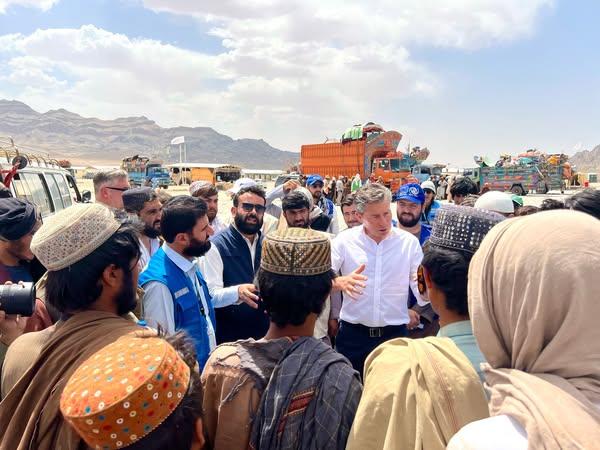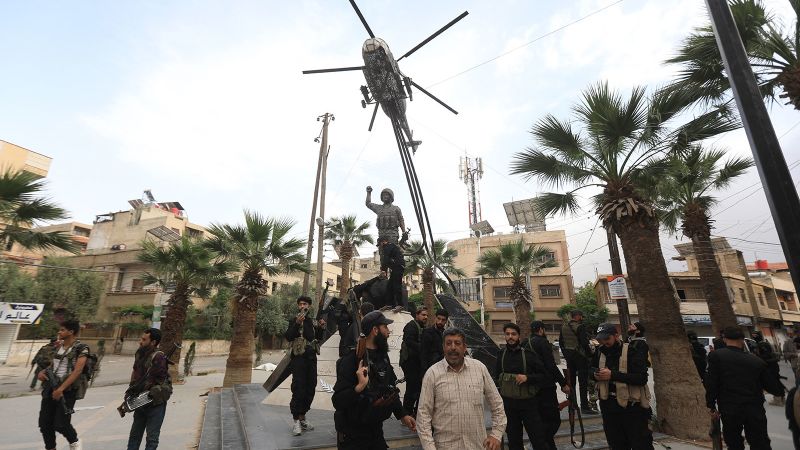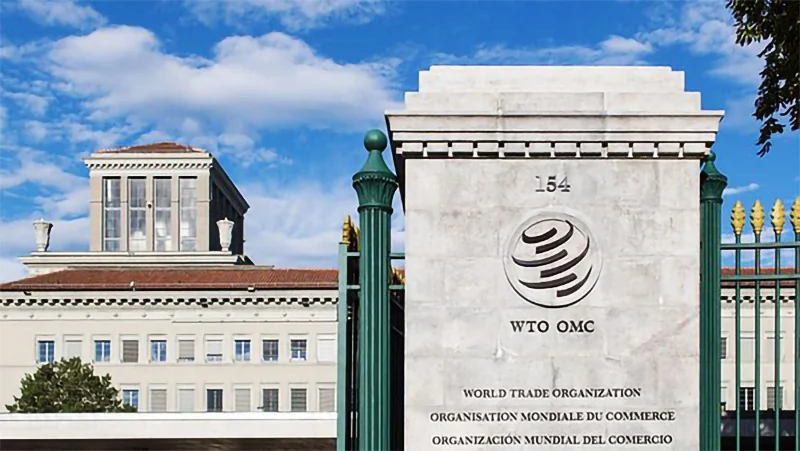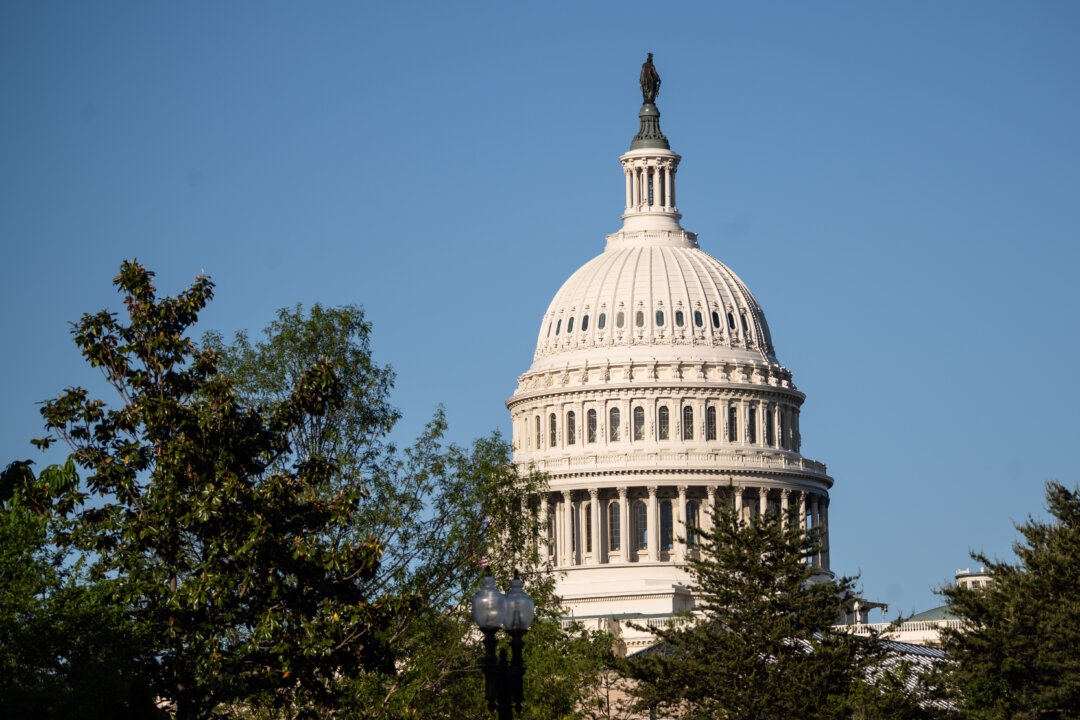KABUL (Pajhwok): The United Nations Under-Secretary-General for Humanitarian Affairs Tom Fletcher has urged policymakers responsible for cutting humanitarian aid to visit hospitals in Afghanistan, such as the one in southern Kandahar province, to witness firsthand the devastating consequences of their decisions. Fletcher, who also serves as the UN Emergency Relief Coordinator, recently visited central hospital of Kandahar province, which has been severely affected by reductions in humanitarian aid, the UN Assistance Mission in Afghanistan (UNAMA) wrote on its X handle. During the visit, he praised the tireless efforts of humanitarian workers, especially women, who continue providing essential services under extremely difficult condition.
In a video shared on his X account, Fletcher highlighted the overcrowded and under-resourced conditions at the hospital, stating that up to four children were being treated in a single bed. He emphasised the heartbreaking reality that doctors must often decide which child to save due to the shortage of resources. “Aid cuts have put the lives of millions at risk,” Fletcher said, adding that over the past few months, the closure of 400 health centers has deprived three million Afghans of basic medical services.

He called on international decision-makers to visit Afghan hospitals and witness the humanitarian fallout of their funding decisions. UNAMA further noted on its official Facebook page that Fletcher held an extended meeting with Kandahar Governor Mullah Shirin Akhund, describing it as “two hours of sincere and constructive dialogue.” The mission added Fletcher also met with a group of returnee families separated during migration and children who returned to the country alone.
According to UNAMA, Fletcher is scheduled to visit northern Kunduz province today (Wednesday). kk/ma.
Politics

See humanitarian fallout in Afghanistan, UN diplomat tells policymakers

The United Nations Under-Secretary-General for Humanitarian Affairs Tom Fletcher has urged policymakers responsible for cutting humanitarian aid to visit hospitals in Afghanistan, such as the one in southern Kandahar province, to witness firsthand the devastating consequences of their decisions.















